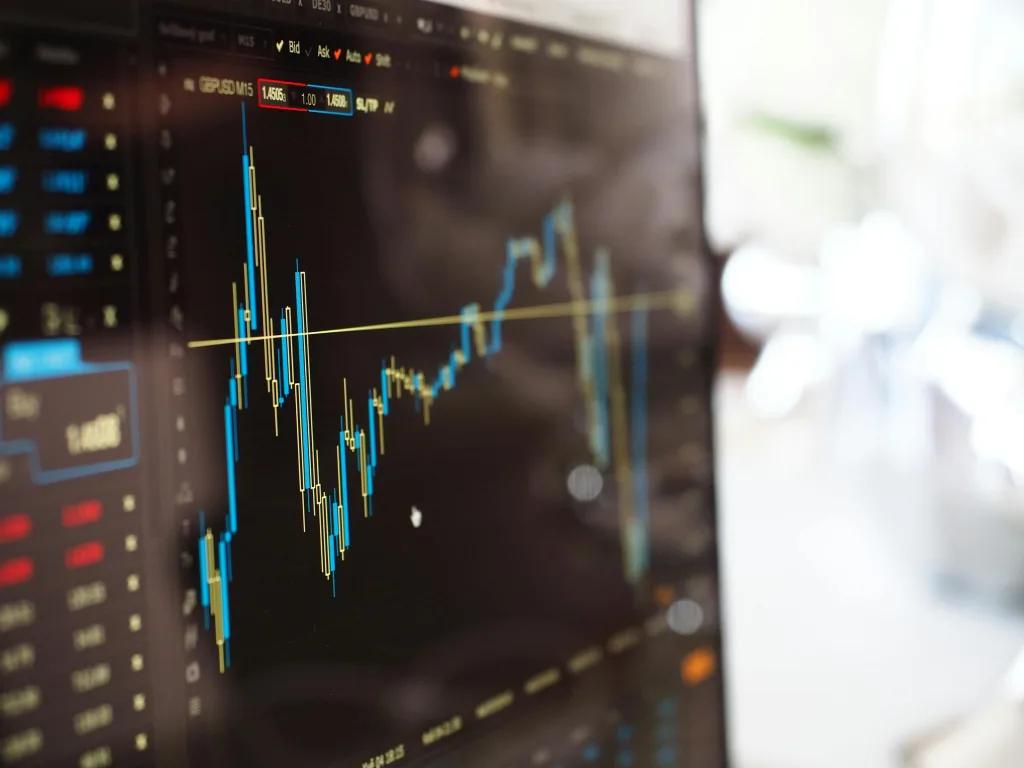How to Incorporate Forex Trading into Your Investment Strategy
Forex trading, also known as foreign exchange or currency trading, is the act of buying and selling currencies on the global decentralized foreign exchange market. It is the largest and most liquid financial market in the world, with a daily trading volume exceeding $6 trillion. Forex trading involves speculating on the fluctuations of currency pairs, such as the EUR/USD (Euro against the U.S. Dollar), with the goal of profiting from the price movements.
Incorporating forex trading into an investment portfolio can offer several potential benefits. Firstly, it provides diversification, allowing investors to spread their risk across different asset classes and markets. Additionally, the forex market operates 24 hours a day, five days a week, offering traders the flexibility to trade at any time. The benefits of forex trading in Nigeria present an opportunity for individuals to participate in the global financial markets and potentially generate substantial returns.
This article will go into the key aspects of incorporating forex trading into an investment strategy. It will cover the benefits of forex trading, strategies for effective diversification, the role of forex reserves in hedging against currency risk, and the potential risks and challenges associated with forex trading. Furthermore, it will explore the significance of building a diversified forex portfolio and provide insights into unlocking the potential of forex trading in Nigeria.
Understanding Forex Basics
The forex market is a decentralized global marketplace where currencies are traded. It operates through an institutional network of banks, brokers, and other financial institutions, facilitating the exchange of one currency for another. The trading occurs in currency pairs, such as EUR/USD or GBP/JPY, where traders speculate on the fluctuations in exchange rates.
Major currency pairs like EUR/USD, USD/JPY, and GBP/USD are characterized by high liquidity and tight spreads, making them less volatile and easier to trade. However, leverage plays a crucial role in forex trading, allowing traders to control larger positions with a relatively small investment. While leverage can amplify potential profits, it also magnifies risks, necessitating effective risk management strategies.
Benefits of Forex Trading for Nigerian Investors
Diversification
Incorporating forex trading into an investment portfolio can provide valuable diversification benefits. As currencies tend to have low correlations with other asset classes like stocks and bonds, forex can help mitigate overall portfolio risk. By spreading investments across different markets, investors can potentially reduce the impact of volatility in any single market.
Liquidity
The forex market is renowned for its exceptional liquidity. This high level of trading ensures tight bid-ask spreads and the ability to enter and exit trades with relative ease, even with large order sizes. For Nigerian investors, this liquidity can translate into lower transaction costs and more efficient trade execution.
24/7 Market
Unlike traditional stock markets, the forex market operates around the clock, five days a week. This continuous trading opportunity allows Nigerian investors to react swiftly to market developments and take advantage of emerging trends, regardless of the time of day.
Potential for High Returns
With the use of leverage, forex trading offers the potential for substantial profits from relatively small price movements. However, it’s crucial to understand that leverage is a double-edged sword, as it can also amplify losses. Nigerian investors must exercise caution, implement proper risk management strategies, and never risk more than they can afford to lose.
Strategies for Incorporating Forex into Your Investment Plan
Before venturing into forex trading, it’s crucial to assess your risk appetite. Forex trading involves inherent risks, and understanding your tolerance for potential losses is essential. Consider your financial goals, investment horizon, and overall risk profile to determine an appropriate level of exposure.
Once you’ve determined your risk tolerance, allocate a specific percentage of your investment portfolio to forex trading. A common recommendation is to allocate no more than 5-10% of your total portfolio to higher-risk investments like forex. This approach helps mitigate the impact of potential losses on your overall investment strategy.
It’s also worth remembering that in Nigeria, it’s imperative to select a regulated and trustworthy forex broker. Look for brokers licensed by the Securities and Exchange Commission (SEC) or the Central Bank of Nigeria (CBN). Reputable brokers offer transparent pricing, robust trading platforms, and adhere to industry best practices.
Forex trading requires a significant investment of time and effort to develop the necessary skills and knowledge. Engage in educational resources such as online courses, webinars, and demo accounts to gain practical experience before risking real capital. Continuously learning and staying updated on market dynamics is crucial for success.
It’s generally advisable to start with a small amount of capital when incorporating forex into your investment plan. This approach allows you to gain hands-on experience, test your strategies, and develop a better understanding of risk management without exposing your entire portfolio to potential losses.
Risks and Considerations
Forex trading carries inherent risks, including volatility and the potential for significant losses due to leverage. Market fluctuations can be unpredictable, and even seasoned traders can experience substantial drawdowns. It’s essential to never invest more capital than you can afford to lose.
Moreover, having a well-defined trading plan and adhering to it is crucial for managing risk effectively. A trading plan should outline entry and exit strategies, risk management techniques, and emotional discipline. Deviating from the plan can lead to impulsive decisions and increased exposure to losses.



